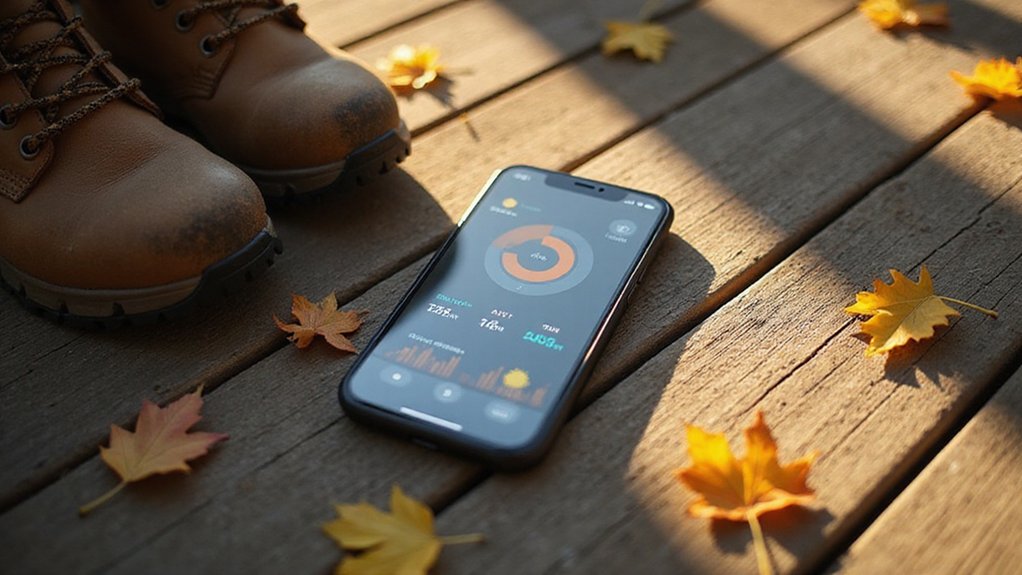Why would the co-founder of Twitter—a platform that thrived on keeping users glued to their screens indoors—suddenly pivot to developing an app designed to coax people into actual sunlight? Jack Dorsey’s Sun Day represents perhaps the most ironic redemption arc in Silicon Valley: the man who helped digitize human discourse now wants to optimize your vitamin D synthesis through deliberate sun exposure.
The app operates on deceptively simple mechanics. Users manually toggle exposure tracking when venturing outdoors, inputting essential variables including skin type, clothing coverage, and age. Sun Day then cross-references this data with real-time, location-based UV indices to calculate personalized vitamin D production estimates. The platform integrates with Apple Health to sync existing vitamin D records, creating an extensive wellness dashboard that would make any quantified-self enthusiast salivate.
What distinguishes Sun Day from typical health apps is its conservative approach to safety calculations. Rather than maximizing sun exposure, the platform prioritizes preventing UV damage while optimizing vitamin D synthesis—a nuanced balance that requires sophisticated algorithmic consideration of individual risk factors. The app particularly targets populations susceptible to deficiency: individuals with darker skin tones or those residing in high-latitude regions with limited sunlight exposure.
Technologically, Sun Day showcases Dorsey’s commitment to open-source development. Built using his AI-powered coding assistant Goose, the app’s GitHub repository invites external developer contributions—a stark contrast to Twitter’s historically closed ecosystem. Currently available through Apple’s TestFlight beta program, the platform promises Android compatibility while maintaining secure integration with health data frameworks. The app’s user-friendly interface ensures seamless navigation between features, making complex health data accessible to users of all technical backgrounds.
The broader implications extend beyond individual wellness tracking. Sun Day represents a fascinating intersection of preventive healthcare and digital minimalism, encouraging users to engage with their physical environment rather than endless scrolling. Home screen widgets provide quick UV and vitamin D insights without requiring deep app engagement, suggesting Dorsey has learned valuable lessons about attention economy sustainability. Beyond optimizing vitamin D synthesis, the nutrient functions as a hormone that supports various essential bodily functions including immune system regulation and calcium absorption.
Whether Sun Day achieves mainstream adoption remains uncertain, but its existence signals a notable shift in tech leadership priorities—from capturing attention to genuinely improving human health outcomes through measured environmental interaction. The app’s success depends on effective management of user data and insights, which requires treating this information as valuable tangible assets that contribute to the platform’s overall functionality and user experience.





